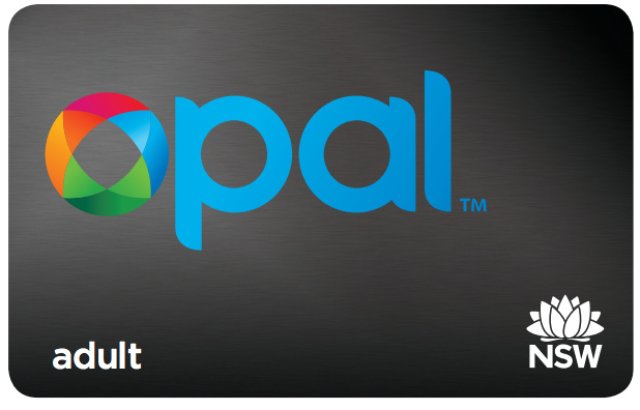
Proposals by the NSW Independent Pricing and Regulatory Tribunal (IPART) to raise public transport fares on the Opal Card system covering public buses, trains and ferries are facing strong opposition from pensioners, retirees and the general travelling public.
The Combined Pensioners and Superannuants Association said the government would face a major backlash if it decided to tighten the eligibility or raise the daily cap on the cost of travel for seniors.
Amelia Christie, the association's manager of research and advocacy, said: "The travel concession is something people feel very strongly about. For some people, any increase is a serious increase, particularly if they are a pensioner or renting privately."
IPART is proposing to remove eligibility for the Gold Opal smartcard for self-funded retirees and to raise the daily cap for pensioners from $2.50 to $3.60. The daily cap for the Opal Concession card for the unemployed, students and apprentices would also raise from $7.50 to $9.
Although the tribunal claims that 60% of people would end up paying less for using public transport in 2016 if the changes in fare structure were implemented, a study by comparison service Finder revealed that 68% of Sydney commuters would end up paying more for their travel.
It found that commuters who use Opal for more than 10 trips a week would pay on average $4.90 more if the government accepted IPART's proposals. This would equate to an annual fare increase of almost $255. Commuters who travel from outer suburbs would pay even more, with travellers from the outer-western Macarthur region paying an additional $577.44 a year if the IPART plan is adopted.
Under the current Opal system, travel is free after eight trips in a week. This provision would be abolished under the new scheme.
Finder spokesperson Bessie Hassan said the proposed overhaul risked discouraging people from taking public transport because the "weekly travel reward" scheme had acted as an incentive.
"It simply doesn't make sense to reward those commuters who contribute the least to revenue while punishing avid public transport users," she said.
Like the article? Subscribe to Green Left now! You can also like us on Facebook and follow us on Twitter.